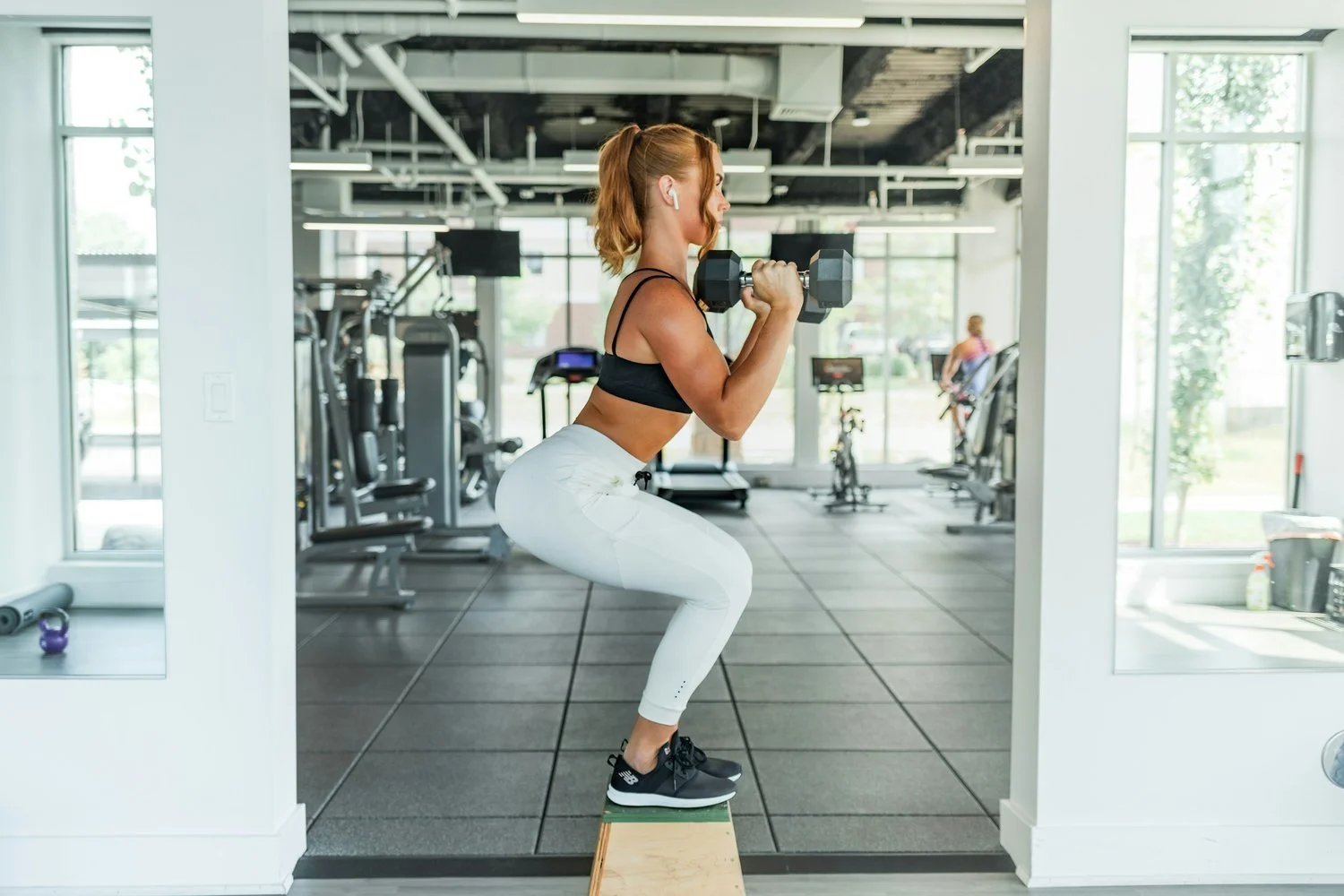Dead Butt Syndrome
Yes, Dead Butt Syndrome is real — and it’s more common than you think.
Also known as gluteal amnesia, this condition is caused by prolonged periods of sitting. Over time, your hip flexors and quadriceps become tight and shortened, restricting blood flow and placing your glutes in a stretched, inactive state. The result? Your glutes "forget" how to activate properly — a dangerous imbalance that can lead to:
Lower back pain
Hamstring strains
Plantar fasciitis
Knee cartilage wear and tear
Considering your glutes are the largest and most powerful muscles in your body, keeping them “awake” is essential for posture, performance, and injury prevention.
Do You Have Gluteal Amnesia?
Here’s a quick test:
Lie on your back with your feet flat and knees bent. Slowly lift your hips until they’re in line with your knees.
What do you feel?
If you feel the work mostly in your hamstrings or lower back, chances are your glutes aren’t firing properly.
How to Wake Up Your Glutes
1. Move Every Hour
For every hour of sitting, stand up and move for at least 5–10 minutes.
2. Activate Your Glutes Throughout the Day
Squeeze both cheeks together for a few seconds at a time.
Alternate squeezing one cheek at a time to build awareness and control.
Engage your glutes while walking uphill or climbing stairs.
3. Tailbone Tilts
Whether standing or sitting, practice tucking and untucking your pelvis. Pair it with glute squeezes to reinforce neuromuscular control.
4. Stretch Your Hip Flexors
Try this effective stretch:
Kneel with your right leg back and left leg forward at 90 degrees.
Tuck your pelvis under and gently drive your hips forward.
Squeeze your right glute (the back leg).
Raise your right arm and reach to the left, creating a diagonal stretch from hip to fingertips.
The Takeaway:
Your glutes were designed to work, not sit. Keeping them strong and active is vital to protecting your joints, improving posture, and maintaining long-term mobility.
Note from Selina:
While I’m no longer a practicing personal trainer, my years of experience in the fitness industry now inform my approach to bodywork and rehabilitation. At Selina’s Therapy Center, I specialize in sports massage designed to support active bodies—whether you're a gym-goer, athlete, or weekend warrior. These insights are shared to help you better understand your body and training habits, not as fitness coaching.

